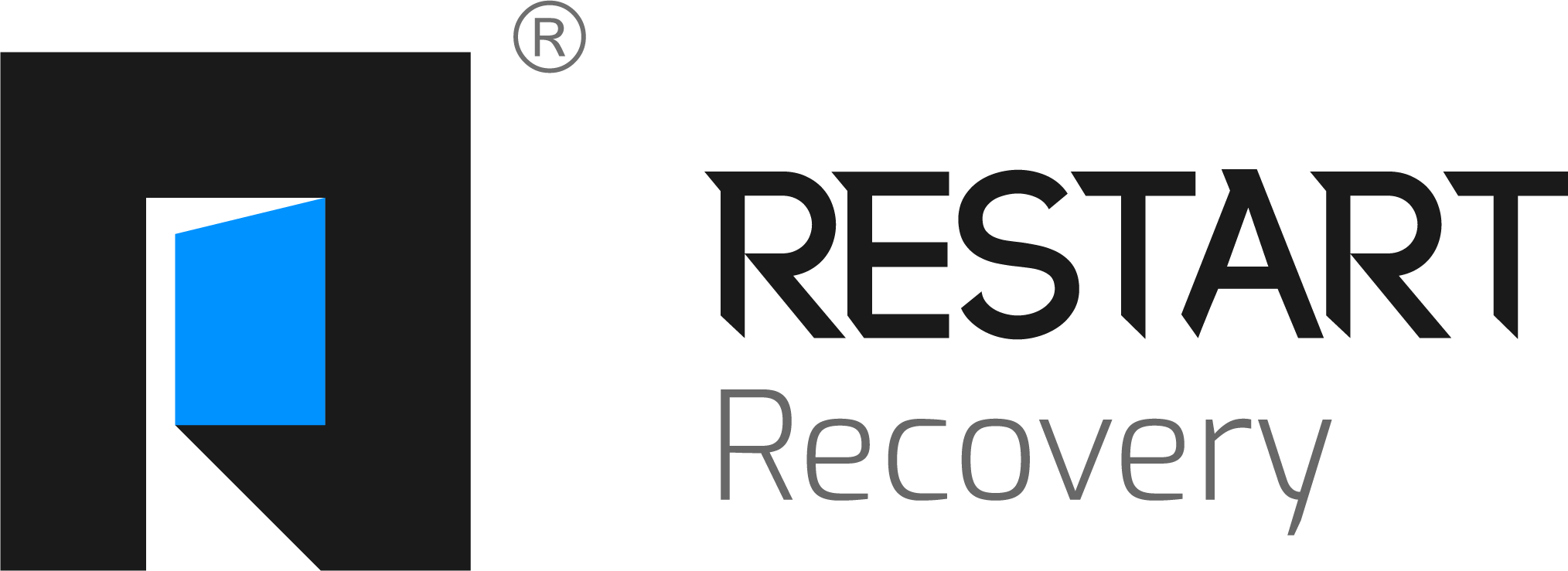Understand How to Define a Successful Addiction Recovery
- Yasmin Maghsoudloo
- May 19, 2025
- 4 min read

Understand How to Define a Successful Addiction Recovery
Recovery from addiction is a deeply personal and complex journey. Many people wonder, “What does successful recovery look like?” Is it simply staying sober, or does it go beyond that? The truth is that recovery isn’t a one-size-fits-all experience, and success can mean different things to different people. Defining successful addiction recovery involves understanding not just abstinence, but the overall improvement in the quality of life, mental and physical health, and emotional well-being.
Here’s a guide to help you understand how to define success in addiction recovery.
1. Sobriety as a Foundation
For many, the most obvious measure of recovery success is sobriety—the absence of alcohol or drug use. Sobriety is a crucial first step in recovery, but it’s not the only marker of success. However, maintaining sobriety is often seen as the foundation upon which other aspects of recovery are built.
Early Recovery: Success during the early stages of recovery may be as simple as staying sober day-to-day. Each day without using substances is a victory.
Long-Term Sobriety: As recovery progresses, longer periods of sobriety—months or years—can signify stability, but successful recovery also requires ongoing personal growth and healing beyond just not using substances.
2. Improved Mental and Physical Health
Addiction can take a serious toll on both mental and physical health. A successful recovery means working to restore and maintain overall wellness.
Mental Health: Addiction and mental health disorders often go hand-in-hand. Addressing issues like anxiety, depression, or trauma is an important part of recovery. Success means not only managing substance use but also improving emotional resilience, reducing stress, and finding healthier ways to cope with life’s challenges.
Physical Health: Addiction impacts the body in many ways, from malnutrition to chronic illnesses. Successful recovery involves taking steps to heal the body, whether through nutrition, exercise, regular medical checkups, or managing any long-term health conditions caused by substance use.
3. Building Healthy Relationships
Addiction often leads to strained or broken relationships with family, friends, and loved ones. Success in recovery can be seen through the repairing of these relationships and the creation of new, positive connections.
Restoring Trust: Rebuilding trust with loved ones is a key marker of recovery. This takes time and consistent effort, but healthy relationships provide strong support systems that are crucial for long-term success.
Creating Boundaries: Setting healthy boundaries and surrounding oneself with people who support sobriety is essential. Recovery success involves removing toxic influences and developing a network of positive, supportive individuals.
4. Emotional Growth and Self-Awareness
Recovery is about more than quitting substances—it’s about addressing the emotional and psychological factors that contributed to the addiction in the first place. Success often involves deep emotional growth and self-awareness.
Understanding Triggers: A successful recovery means identifying the emotional triggers that led to substance use, such as stress, trauma, or feelings of inadequacy, and developing healthier coping mechanisms to manage these emotions.
Developing Self-Awareness: Self-reflection and understanding the root causes of addiction are critical for preventing relapse. Emotional growth and maturity, along with increased self-awareness, often signify success in recovery.
5. Achieving Personal Goals
In successful recovery, individuals often shift focus from addiction to personal growth. Setting and achieving personal goals—whether related to career, education, hobbies, or personal fulfillment—can be a powerful indicator of success.
Career and Education: Many individuals in recovery find meaning and purpose by re-engaging with their careers or pursuing new educational opportunities. Success may involve completing job training, securing stable employment, or going back to school.
Hobbies and Passions: Rediscovering interests and passions that may have been neglected during addiction can be a key part of recovery. Success might look like learning a new skill, finding joy in creative outlets, or simply living a more fulfilling life.
6. Resilience and Relapse Prevention
Successful recovery doesn’t mean experiencing challenges. Relapse can be a part of many people’s recovery journeys. What matters most is how individuals respond to setbacks and their ability to remain resilient.
Understanding Relapse: Relapse doesn’t signify failure. Instead, it can be viewed as a learning experience that helps individuals identify gaps in their recovery plan and reinforce their commitment to sobriety.
Building Resilience: Success in recovery means developing the resilience to bounce back from challenges, whether it’s a relapse, a personal loss, or other life stressors. Over time, resilience helps individuals maintain long-term sobriety and personal growth.
7. Living a Purpose-Driven Life
Ultimately, a truly successful recovery is about living a purpose-driven life—one that’s fulfilling, meaningful, and aligned with the individual’s values and goals.
Finding Meaning: For many, this could mean helping others in recovery, rebuilding relationships, or pursuing personal dreams that were once lost to addiction.
Feeling Fulfilled: True success in recovery is about finding joy and fulfillment in life without substances. It’s about being able to handle life’s ups and downs with healthy coping mechanisms and a sense of inner peace.
Conclusion: Defining Your Recovery Success
Addiction recovery is a deeply personal journey, and success looks different for everyone. It’s not just about achieving sobriety, but also about improving mental and physical health, building strong relationships, finding purpose, and developing emotional resilience. Recovery is an ongoing process, and it’s important to recognize and celebrate every step forward, no matter how small. By understanding these broader markers of success, individuals in recovery can build a life that’s not just substance-free but truly fulfilling and meaningful.
Recovery is possible, and success is defined by progress, growth, and living a healthy, purpose-driven life.





Comments